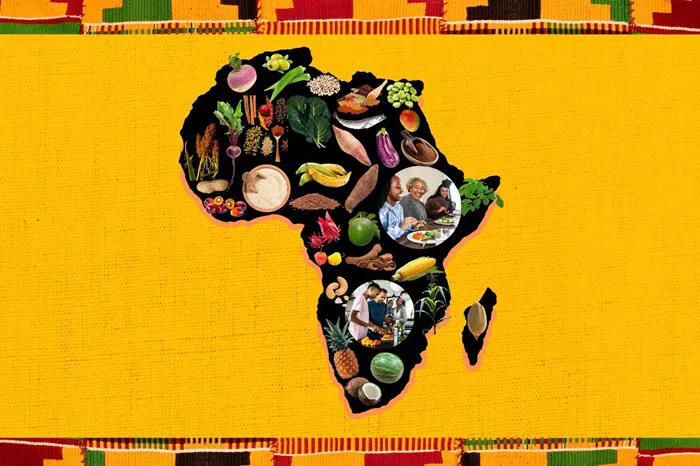A new study has found that African heritage diets may provide the same health benefits as the well-known Mediterranean diet, including reducing chronic inflammation.
This research is the first to fully examine the health effects of traditional African diets. It showed that replacing Western foods with indigenous ones led to noticeable health improvements in just two weeks. On the other hand, switching to a Western diet caused negative health changes.
Chronic inflammation is a major cause of many non-communicable diseases such as diabetes, cancer, and heart disease. Heart disease remains the leading cause of death worldwide, according to the study’s authors.
Like the Mediterranean diet, African heritage diets focus on plant-based whole foods. These include greens, fermented fruits, legumes, plantains, whole grains, roots, and tubers. These foods are rich in nutrients, fiber, and anti-inflammatory compounds like polyphenols. The study found that they also support a healthy gut microbiome.
In contrast, the study showed that a Western-style diet—high in refined carbohydrates, fats, sugars, and animal-based proteins—led to increased inflammation, a weaker immune system, and disrupted metabolism.
Researchers studied 77 healthy men with an average age of 25.6. All lived in the Kilimanjaro region of northern Tanzania. Participants kept food diaries, and researchers collected blood samples at the start, two weeks in, and again four weeks after the study ended.
Among the participants, 23 rural men who usually ate a traditional diet switched to a Western one. Another 22 urban men used to a Western diet changed to a traditional diet. A third group of 22 men who normally followed a Western diet added a fermented drink called Mbege—made from banana and millet—to their meals for one week. Those who drank Mbege also showed health improvements compared to those who did not.
The study was published in Nature in early April. It was a joint effort by researchers from Radboud University Medical Center and KCMC University, along with international partners. The authors noted that African traditional diets are less studied than those in “blue zones” such as Italy, Japan, and Costa Rica, which are known for high life expectancy and healthy eating habits.
The researchers emphasized that even short-term diet changes can have lasting effects on the immune system and metabolism. This shows the importance of keeping indigenous diets alive to help prevent disease in Africa.
“The African diet includes plenty of vegetables, fruits, beans, whole grains, and fermented foods,” said lead author Quirijn de Mast. “Our study shows the benefits of these traditional foods and also reveals how damaging an unhealthy Western diet can be.”
The researchers warned that more African households are replacing traditional foods with Western-style meals. They stressed that plant-based diets are linked to lower disease risk and reduced inflammation.
Related Topics:
What Do Vegans Not Eat? A Comprehensive Guide
What Does Vegan Mean And What They Eat?
What Is the Great Ratio of Carbs & Fat? A Comprehensive Guide


